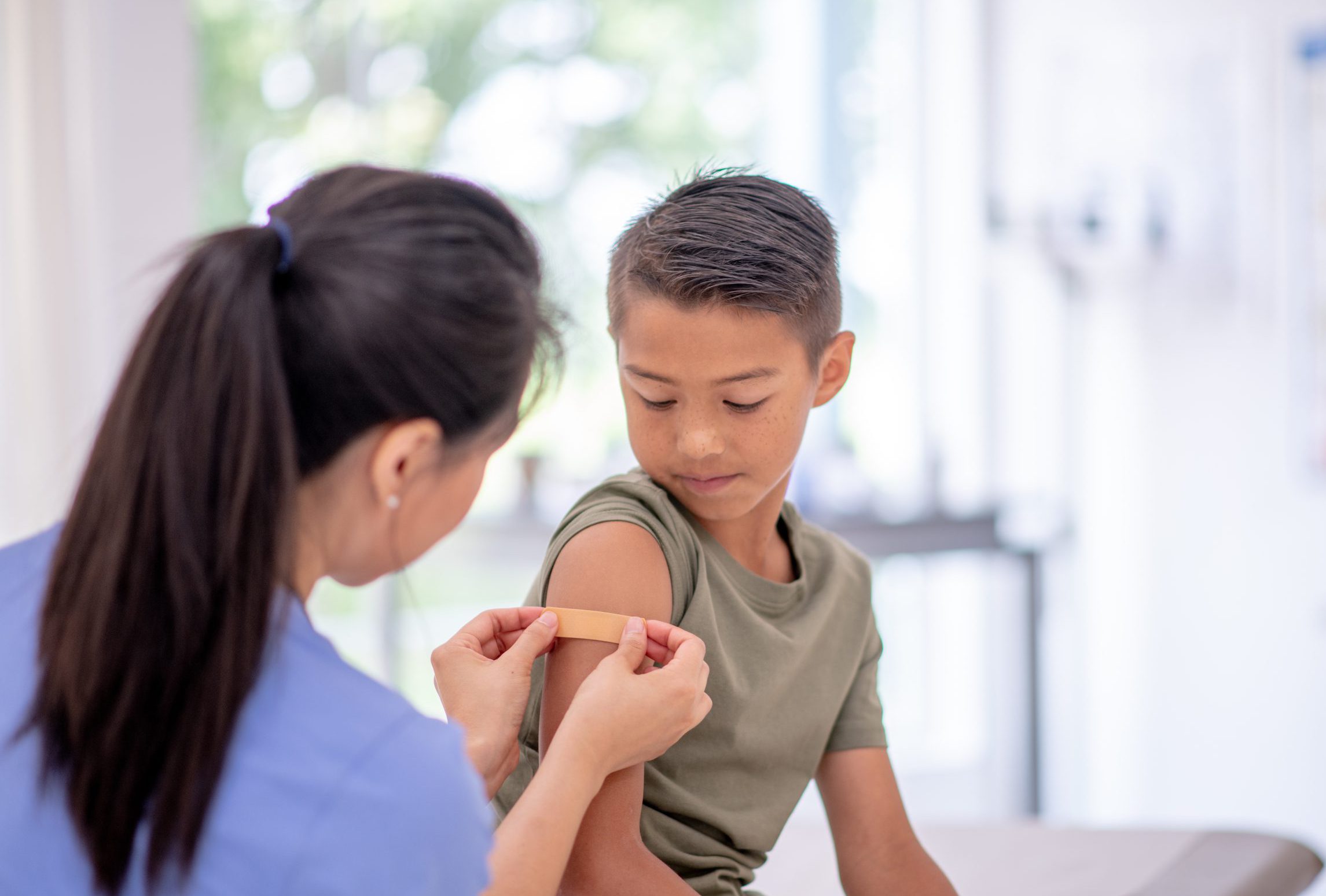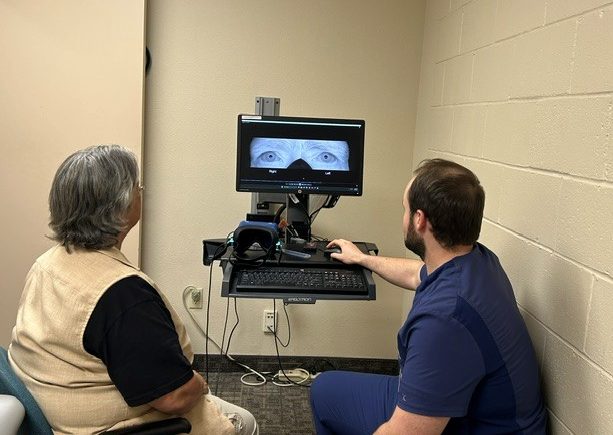By Melissa Fuson, Vitals contributor
Each August, parents and kids excitedly scramble to get ready for a new school year. It’s a busy time, filled with final camping trips and pool parties, shopping for new backpacks and lunchboxes, and pulling back bedtimes that crept later and later over the hot summer months.
But the most important thing parents can do to prepare for back-to-school is making sure their kids are up to date with their pediatric vaccine schedule, says Dr. Jeffrey Silvers, medical director of pharmacy and infection control at Sutter Health.
“Vaccines teach our bodies how to fight germs against diseases,” Dr. Silvers says. “They’re one of the best ways to protect ourselves and our children from serious illnesses.”
Illnesses whose effects can be avoided or greatly minimized by vaccines include:
- Flu
- Chickenpox
- Hepatitis
- Measles
- Meningitis
- Mumps
- Polio
- Whooping cough
But despite decades of research that show vaccines are safe and one of the best ways to protect children from serious illnesses, routine vaccination rates for kindergartners—which decreased during the pandemic—have yet to recover, while exemptions from school vaccination requirements have increased.
“Unfortunately, incorrect information causes some parents to delay or skip crucial vaccines for kids, leading to outbreaks of preventable diseases,” Dr. Silvers says.
Risks and responsibilities
Immunocompromised kids and adults have weakened immune systems due to, for example, cancer treatments or autoimmune diseases such as rheumatoid arthritis or lupus. They are at a higher risk of contracting a serious illness and less likely to develop strong immune protection from vaccines because their immune systems can’t mount a robust response.
This is where herd immunity—something people talked a lot about during the COVID-19 pandemic—becomes important. Herd immunity is the idea that when many people are immune to (or protected from) a contagious infection, it’s harder for that infection to spread in a community.

Dr. Jeffrey Silvers, Medical Director of Pharmacy & Infection Control at Sutter Health
“Getting immunized against infectious diseases not only protects you and your loved ones, it helps protect the most vulnerable among us,” Dr. Silvers says.
People who weren’t alive before the polio vaccine was available, for example, may not realize the devastation it can cause. One in 200 infections leads to paralysis, and among those paralyzed, 5–10% die when their diaphragm is immobilized.
Mumps can also cause serious complications, including meningitis, hearing loss, and males can develop permanent infertility.
If parents have questions about the vaccine schedule, side effects or any other health questions, Dr. Silvers recommends they start with their child’s pediatrician. There is also a wealth of information on SutterHealth.org, and on the Centers for Disease Control’s web site.
“Bottom line: vaccines are safe and effective, and they help keep kids healthy,” Dr. Silvers says.
Learn more about well-child visits, recommended vaccinations and specialty care for children, from birth to age 17.
Note: This content is not intended to be a substitute for professional medical advice, diagnosis or treatment. Always seek the advice of your physician or other qualified health provider with any questions you may have regarding a medical condition. Never disregard professional medical advice or delay in seeking it because of something you have read on this website.





